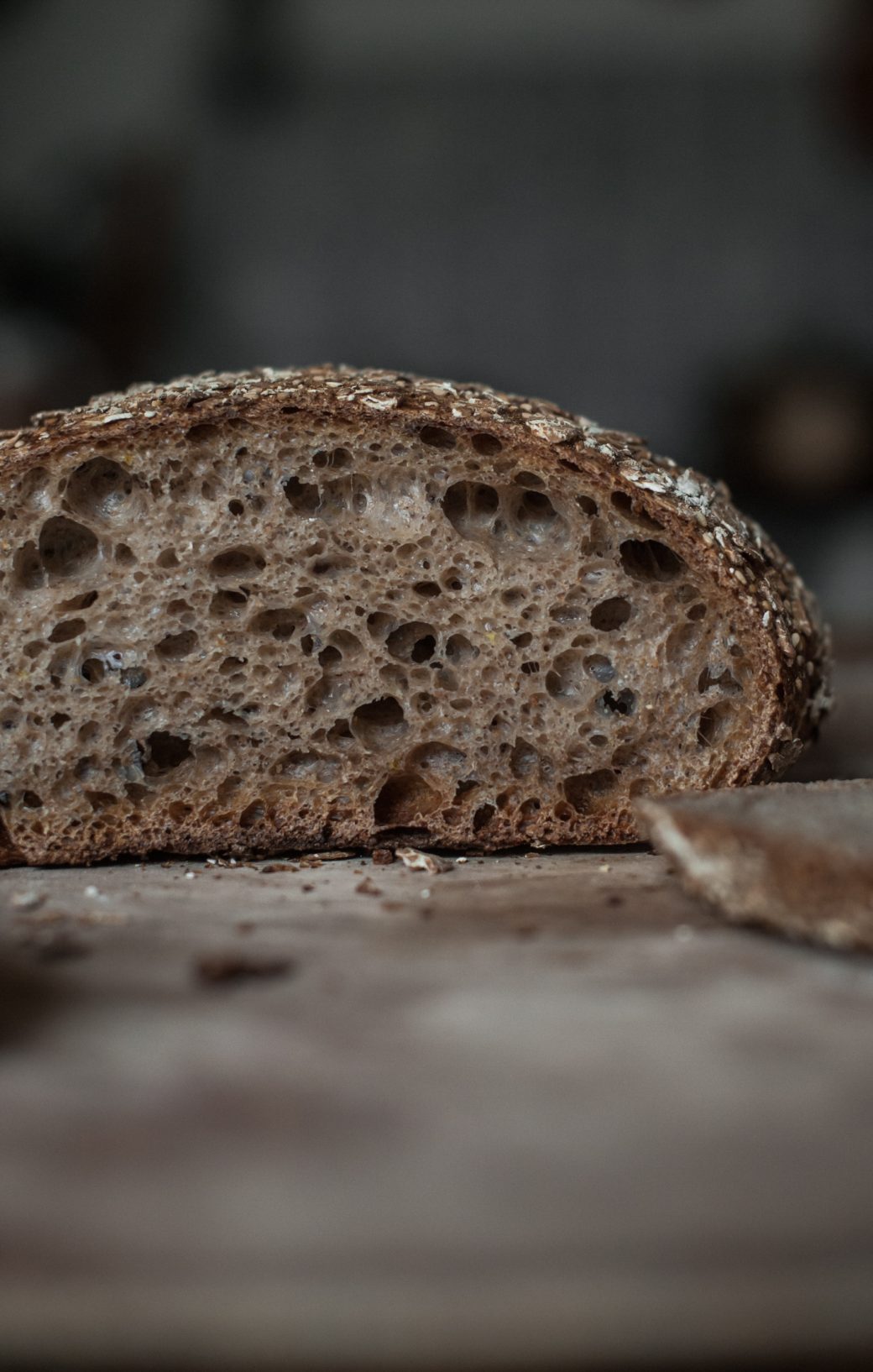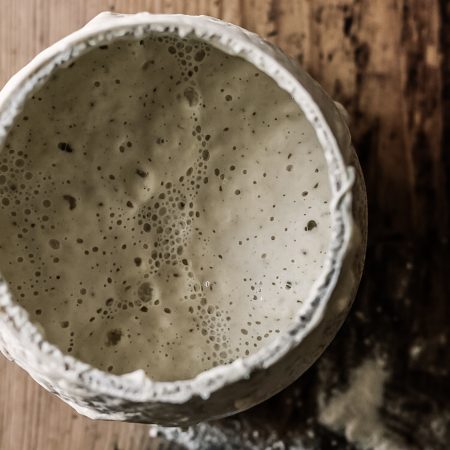We are delighted you want to know more, but you have reached a members only page, post or recipe.
Please click here to find out more about how we teach you to bake eat and share bread, and how in joining you can change the world. ..
Vanessa Kimbell
& The Sourdough School & Club Team




